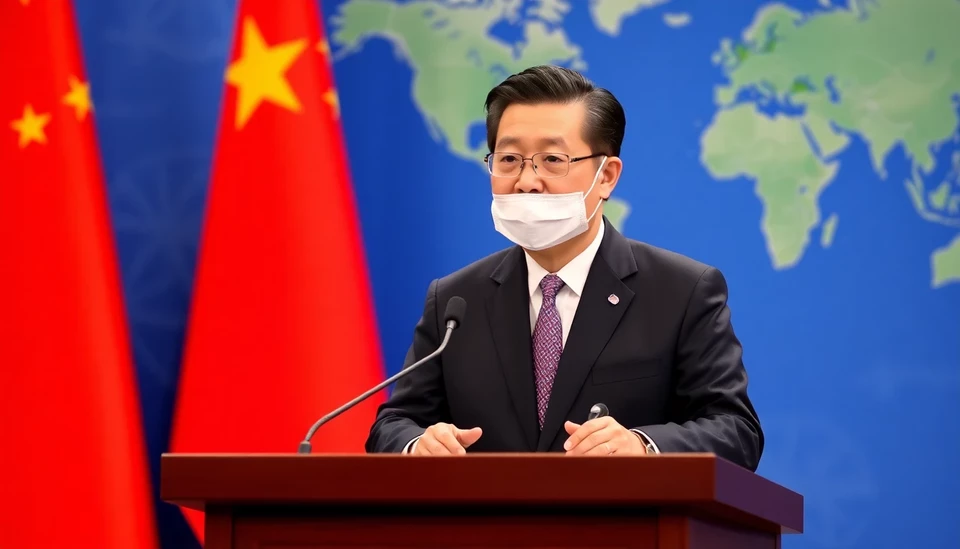
In a bold move towards sustainability, Taiwan has unveiled an ambitious plan aimed at reducing its greenhouse gas emissions by 30% by the year 2030. This announcement positions Taiwan among the global leaders striving to combat climate change and meets the increasing pressure from both citizens and international communities to adopt stronger environmental measures.
The Taiwanese government has outlined its commitment to transitioning from fossil fuels to renewable energy sources, taking significant steps to mitigate the impact of climate change on its ecosystem. This comprehensive plan focuses on several key areas, including energy production, transportation, and industrial operations, with the goal of fostering a greener economy while ensuring sustainable development.
As part of this initiative, officials have specified the target to achieve a 30% reduction in emissions relative to the greenhouse gas levels recorded in 2005. Taiwan is looking at a multi-faceted approach to achieve these targets, which will entail collaborating with various sectors, improving energy efficiency, and enhancing public transportation systems.
One of the standout components of the plan is the increased investment in renewable energy infrastructure. Taiwan aims to significantly expand its solar and wind energy capacities, hoping to source 20% of its total energy from renewables by 2025—a precursor to achieving the more extensive goal set for 2030. This pivot is a part of Taiwan's energy transition plan, moving away from coal and relying more on sustainable resources.
Alongside the push for renewable energy, the Taiwanese administration is also focusing on sector-specific strategies such as promoting electric vehicles and improving publicly available transport options. By incentivizing electric vehicle usage and enhancing rail systems, the government seeks to decrease carbon emissions in the transport sector significantly.
The road to 2030 is accompanied by various challenges, including balancing economic growth with sustainability. Industry leaders in Taiwan have voiced concerns over the economic implications of such stringent targets, fearing that excessively ambitious regulations could impact job creation and economic expansion. However, the government is adamant that a green economy can coexist with economic advancement, adopting an approach that emphasizes innovation and green technology development.
Taiwan’s commitment to reduce emissions has also garnered global attention, as the nation seeks to strengthen its international alliances in environmental sustainability. With the increased frequency of climate events affecting numerous regions, Taiwan's push toward aggressive emissions reductions reflects a broader trend to address the global climate crisis collaboratively.
In conclusion, as Taiwan sets the groundwork for its environmental agenda, its commitment to substantial emissions reductions not only demonstrates leadership in climate action but also opens the door for potential international cooperation in sustainability efforts. The 30% target by 2030 signals an optimistic approach towards mitigating the adverse effects of climate change while fostering economic resilience.
#Taiwan #EmissionsReduction #ClimateAction #Sustainability #RenewableEnergy #GreenEconomy
Author: Megan Clarke




